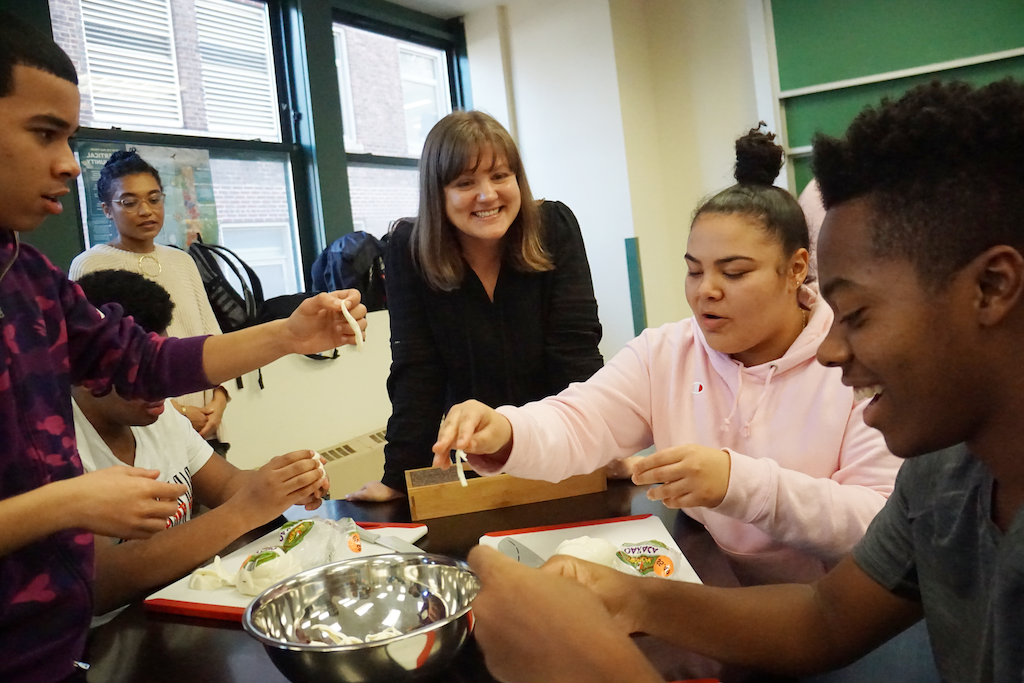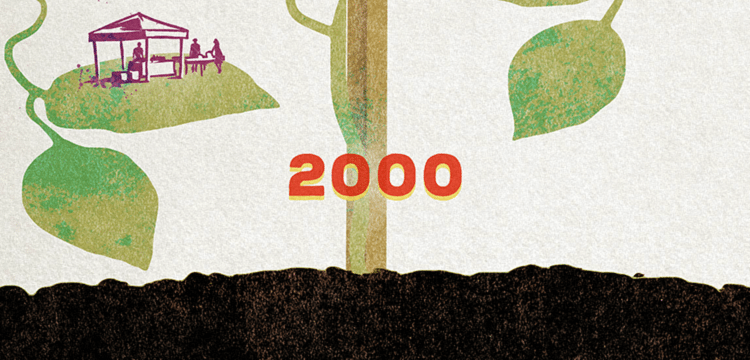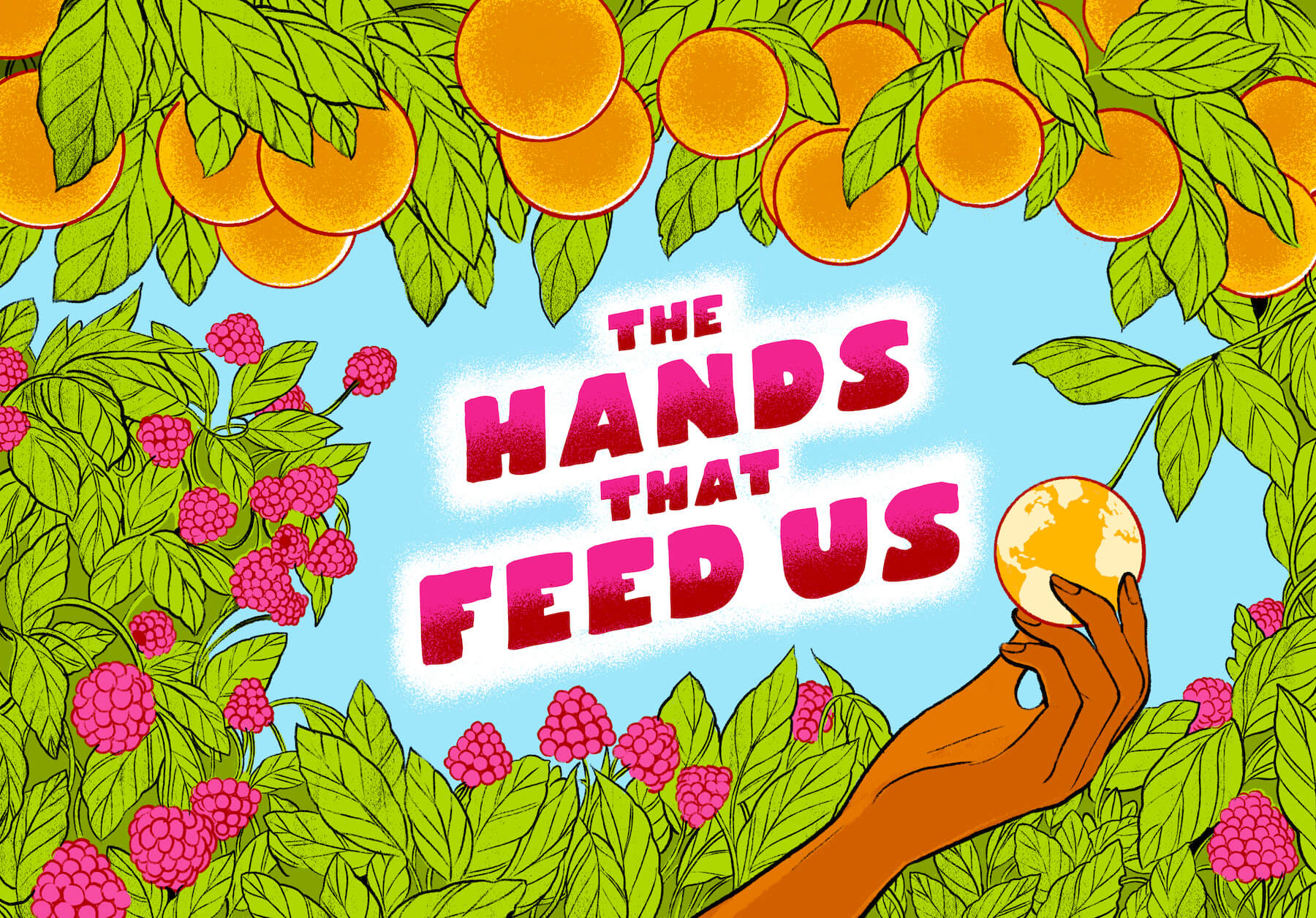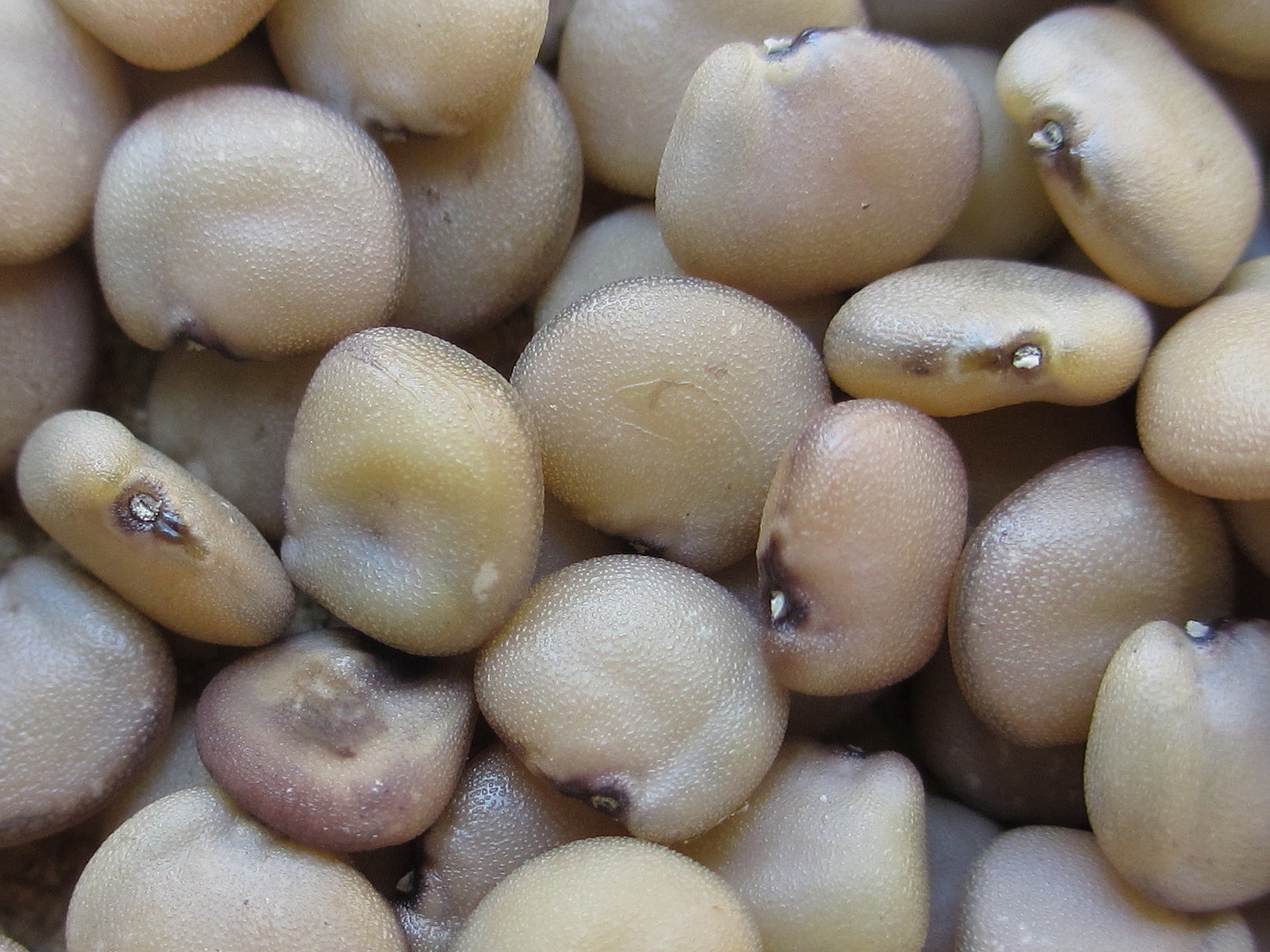
I try not to read the nutrition news. I really do.
Nutrition science, after all, is notoriously difficult to do well. The gold standard in many health-related scientific fields is the double-blind randomized clinical trial: You take two comparable groups, give one of them the food or medicine you’re testing, the other a placebo, and see what happens. Food research, on the other hand, is mostly based on observation—and the worst sort of observation. Scientists are forced to ask research subjects what they ate, a technique virtually guaranteed to produce inaccurate data. Meanwhile, there’s no randomization; people do what they do. It’s easy to show associations, but very hard to prove causality.
I should know better, but I backslide frequently. Who could resist the stories like the following—all from the past week, and all of which I would have been better off not knowing about?
Salt may not cause high blood pressure. In a paper delivered this week at the Experimental Biology 2017 meeting in Chicago, Professor Lynn L. Moore of Boston University School of Medicine reported on a study she and her team conducted of more than 2,500 U.S. adults, looking at sodium intake and blood pressure. Their finding: People who took in sodium at the currently recommended levels had higher blood pressure than people who took in more. Too much sodium and too little are both bad for you, and most Americans—contrary to what you’ve been hearing for years—fall into the sweet spot. (There’s more, about potassium and magnesium and things like that, but that’s a different conversation.) This study was not revolutionary, but sustained a line of research that’s built up over the past few years.
Saturated fat may not be so bad for you. A new editorial in the British Journal of Sports Medicine declares that the whole paradigm of heart disease needs to be rethought. “Despite popular belief among doctors and the public, the conceptual model of dietary saturated fat clogging a pipe is just plain wrong.” Cholesterol isn’t the problem, the article argues. Inflammation is the culprit. Stop worrying about fat, take a brisk walk every day, and you’re good to go. This article, unsurprisingly, is very controversial, but it made it into my nutritional news feed, which must mean something, right?
Resistant starch is good for short-term blood sugar. Resistant starch is dietary starch that can’t be digested in the small intestine. Instead, it moves to the large intestine, where it is fermented by various bacteria. It’s apparently generally good for you. You get resistant starch from legumes and unprocessed grains, but it is also produced when you cook pasta or potatoes, for instance, and then let them cool. A new study in Nutrients used cookies laced with potato starch to demonstrate that resistant starch reduces blood sugar in the few hours after it is consumed—potentially a good thing for diabetics.
You probably already see where this is heading. If not, you’re an admirable human being.
There are lots of reasons to ignore studies like these, reason that go beyond the observational limitations of nutrition science. While science as an enterprise tends to get things right, science in the form of the individual study is wrong more often than it is right. (In the 1990s, researcher John Ioannidis conducted a massive review of medical research. His conclusion: About 80 percent of articles reporting on nonrandomized studies were eventually proven wrong.) And even fairly large accumulations of individual studies can lead us astray, sometimes for decades. I myself avoided eggs for more than 30 years, based on what appeared to be a consensus that they were bad for heart health. Apparently I made a mistake.
The most galling part is that I never actually believed that eggs were bad for me. It didn’t sound logical. It smacked of that sort of medical dietary puritanism that sweeps over America from time to time. (Let’s not forget: That dry cereal on your breakfast table is the direct descendant of products designed to prevent masturbation.) I distorted my diet for decades.
I’m still mad about that. But that’s not the real reason I avoid the food news. It’s not the deprivation that gets me, it’s the occasional slender beams of hope—hope that I know is going to evaporate into thin air.
Take those three recent items I mentioned. Salt’s not a problem. Saturated fat’s not a problem. Resistant starch—say, in the form of a cooked-then-cooled potato—is good for you. Put them all together, and what have you got?
Potato chips are the new health food.
I know it’s wrong. I’m not sure quite why, but I’m sure someone will explain it to me. And until someone does, there’s an aisle in the supermarket that’s going to break my heart and challenge my resolve. (OK, the whole 160-calorie-per-ounce thing will probably help me resist.)
I really need to stop reading the nutrition news. You should too.
Oh, and if you hear the sound of crunching coming from my direction, kindly disregard it. It’s just research.








